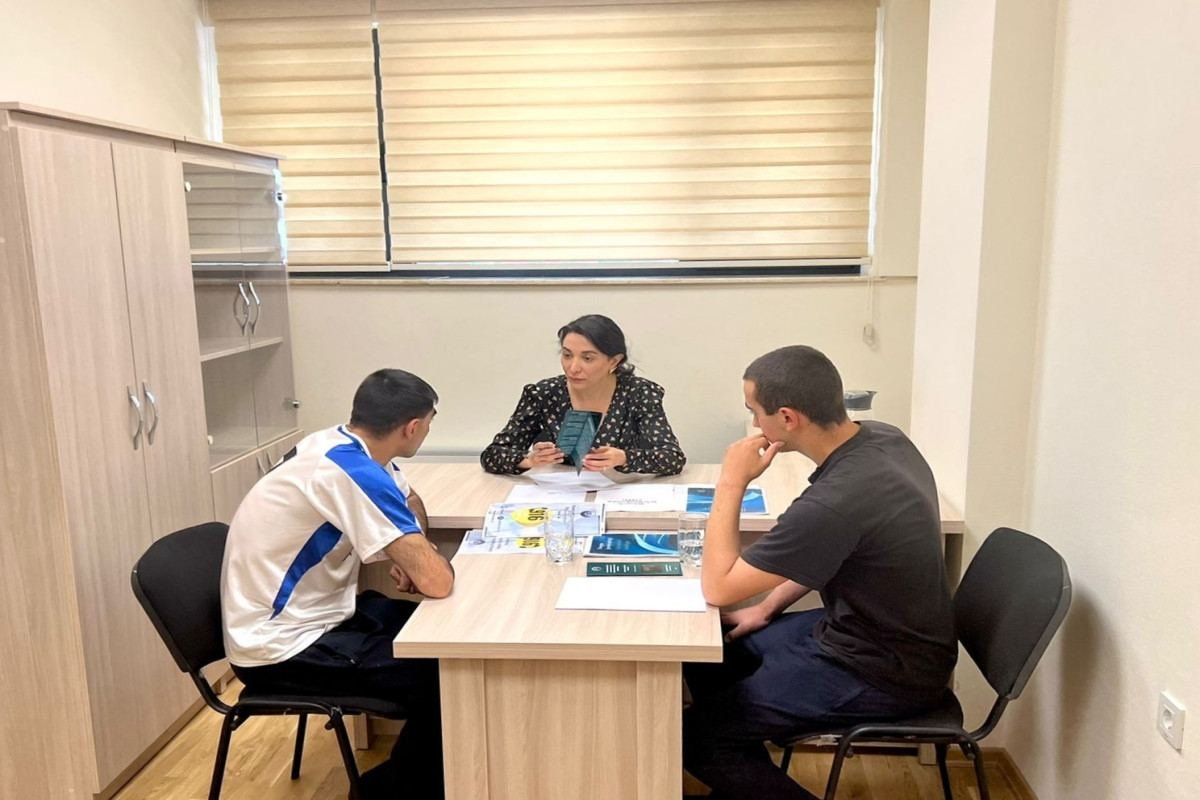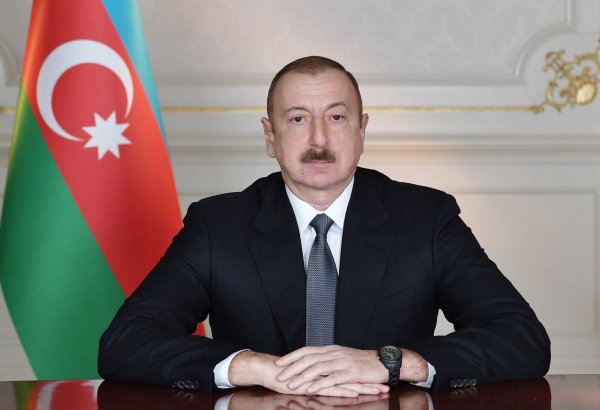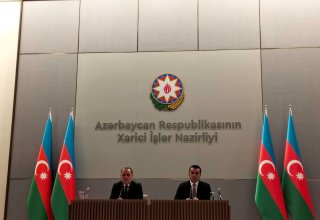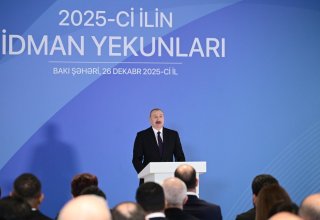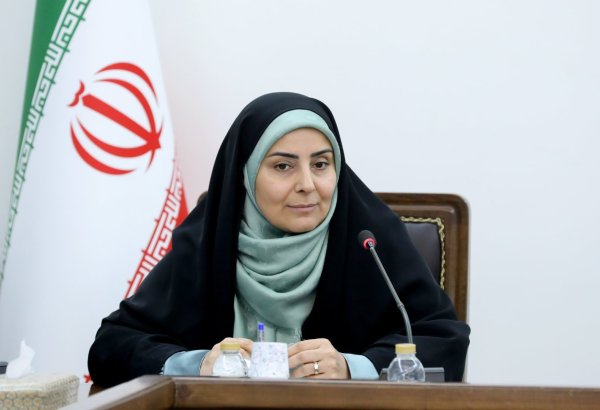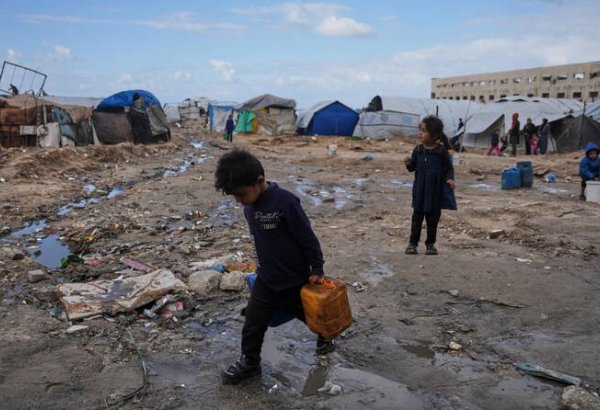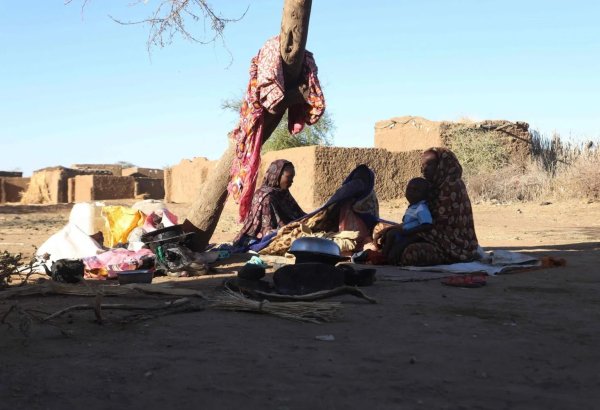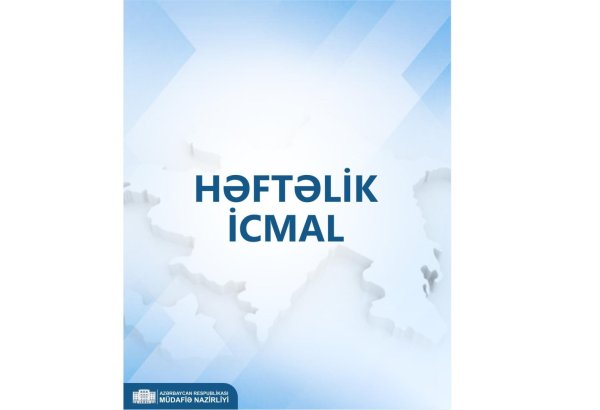BAKU, Azerbaijan, June 5. The Commissioner for Human Rights (Ombudsman) of the Republic of Azerbaijan Sabina Aliyeva and members of the National Preventive Group of the Ombudsman for the Prevention of Torture (NPG) continue to visit places of detention without prior notice, TurkicWorld reports citing Ombudsman’s Office.
As part of the activities of the National Preventive Mechanism of the Ombudsman (NPM) in accordance with the requirements of the Optional Protocol to the UN Convention against Torture and Other Cruel, Inhuman or Degrading Treatment or Punishment, the Constitutional Law "On the Commissioner for Human Rights (Ombudsman) of the Republic of Azerbaijan", the purpose of the next visit was to study the conditions of detention and treatment, the state of ensuring the rights of detainees.
During the visit, two servicemen of the Armenian Armed Forces - Arut Khovagimyan and Karen Kazaryan, were detained on May 26 this year on the Azerbaijani-Armenian border section passing through the territory of Razdara village in Zangilan region, in connection with a violation of the state border of the Republic of Azerbaijan and commission of other illegal actions, and attracted as defendants by court decision.
Ombudsman Sabina Aliyeva within the framework of NPM activities received these persons in a confidential manner, and their appeals were heard on-site. The received persons had no complaints about the conditions of detention and treatment and expressed gratitude to the Azerbaijani state for created conditions. During a visit on site were studied conditions of detention - state of cells, conditions of personal hygiene and sanitation, medical service, and food issues.
It was also noted that with respect to these persons without any distinctions their rights were ensured in accordance with norms of international law, and necessary medical-psychological assistance was provided which was confirmed by the received persons themselves. In cells for detainees, the presence of fiction literature and information materials (in their native language) was noted.
Received persons were presented with legislative acts and international documents in their native language concerning mechanisms for appeal on their rights as well as information publications about possibilities for the appeal to the ombudsman and call center 916.








